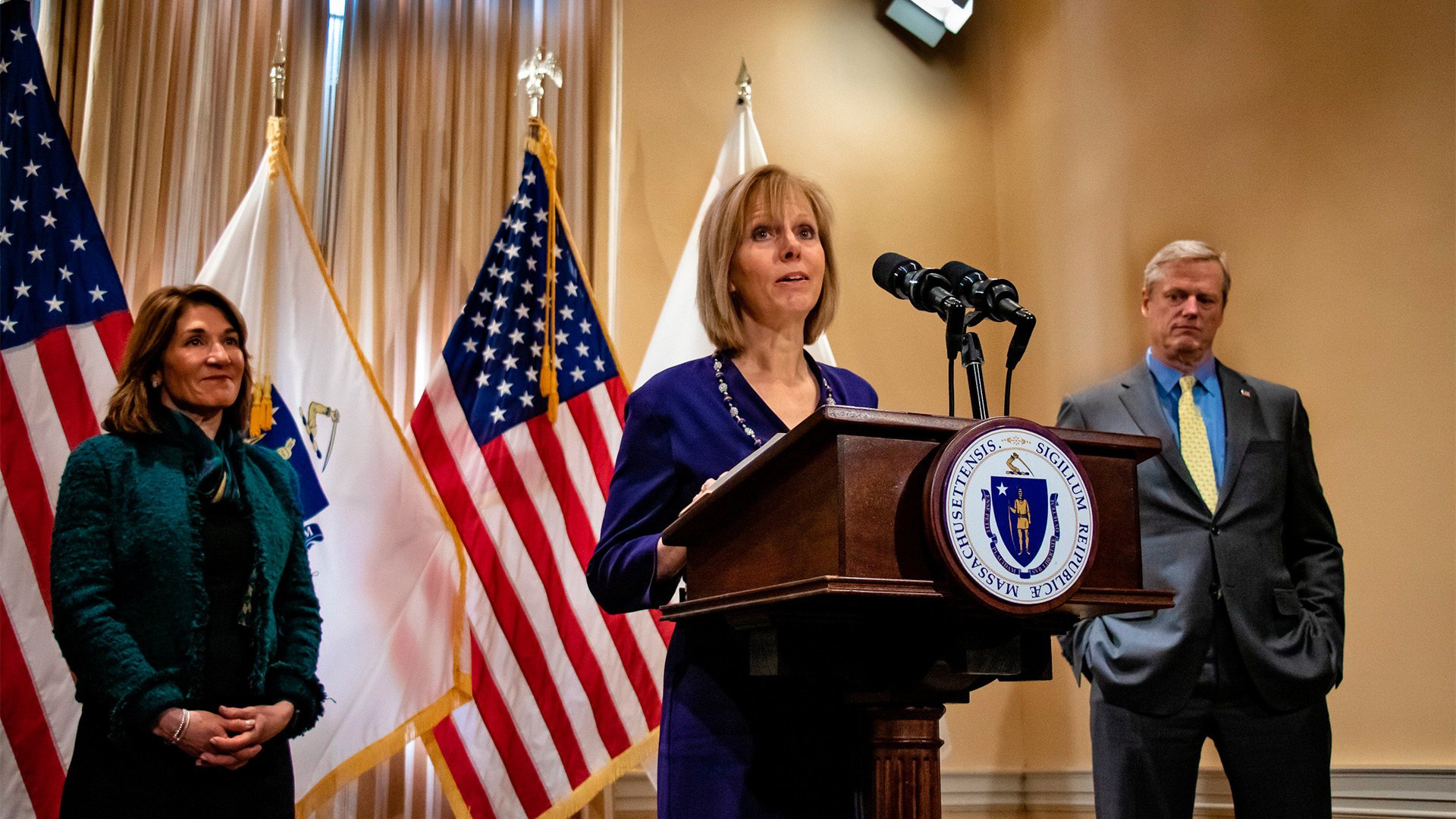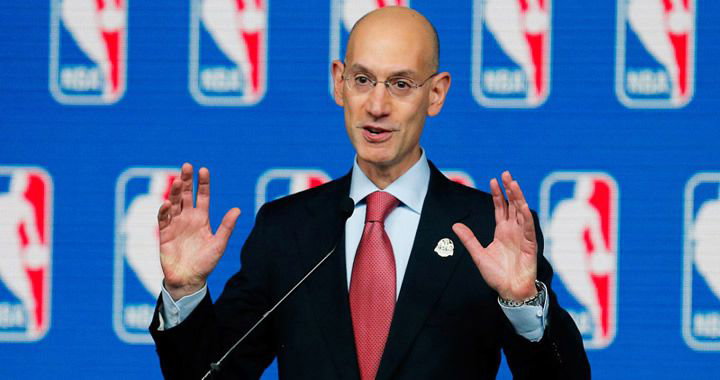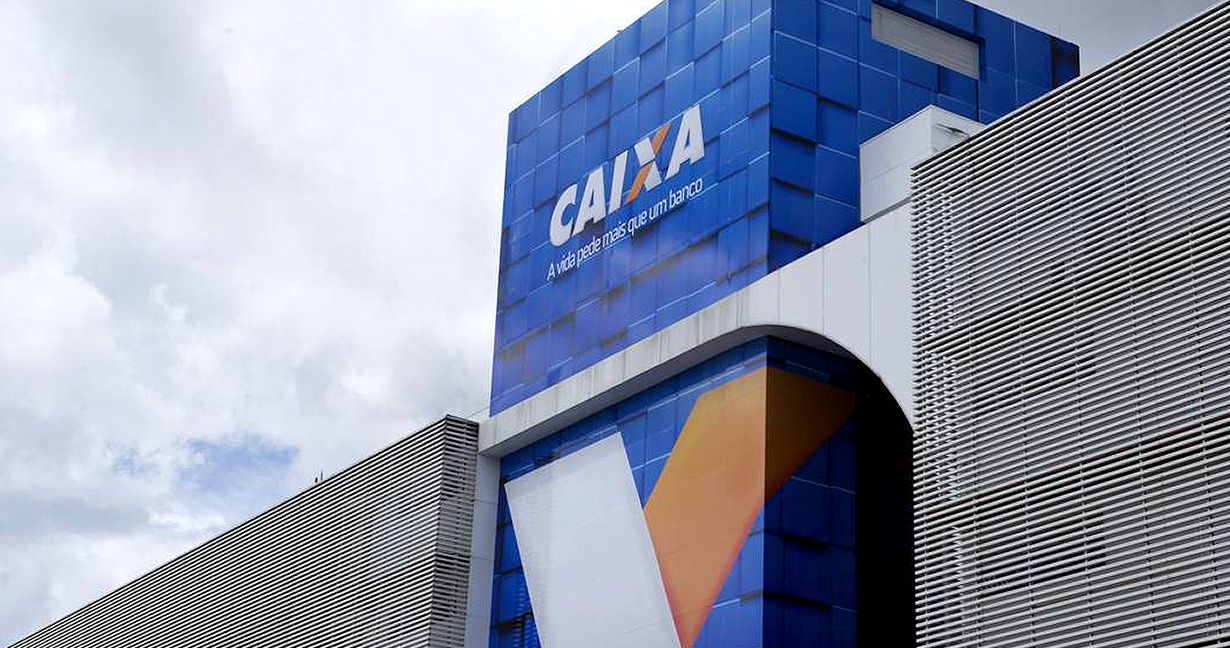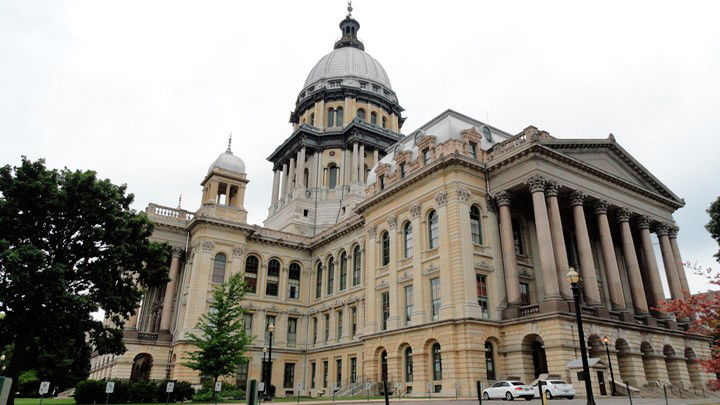Massachusetts Gaming Commission considering new regulations on gambling advertising

The Massachusetts Gaming Commission is considering regulating the intensity and frequency of gaming ads through updates to its rules around gambling and betting advertising. According to the regulator, there has been a “significant increase” in the number of people with gambling problems who relapse in the state.
Regulators for the state believe that the publicity following the opening of MGM Springfield in 2018 -the first Vegas-style resort to open in Massachusetts-, which became a heavily-discussed topic in the news that summer, was “harmful” to people with gambling problems, who are more likely to be influenced by gambling promotions and advertisements.
"That increased publicity and media attention about gambling aligned with those elevated rates of problem gambling, indicating that those relapses in problem gambling were not likely due to the physical availability to gamble -because the casino was not open- but rather due to the increased publicity and media attention in advance of the opening of the casino," Research Manager Marie-Claire Flores Pajot said on Monday, according to The Berkshire Eagle.
The findings come from a six-year study of problem gambling in the state, and as the Gaming Commission considers updates to its gambling advertising rules. But the regulator is also monitoring advances on a potential sports betting legalization which would, in turn, lead to more publicity in an advertising ecosystem that has been criticized as saturating and irresponsible.
MGM Springfield's opening in 2018
"What I'm excited about is that we're engaging in this conversation. I had thought that this was somewhat overdue," Chairwoman Cathy Judd-Stein said, according to State House News Service. “At least with respect to sports betting, we were seeing such a proliferation of advertising that this was probably a good time to look at it through a new lens.”
Commissioners have long shown an interest in exploring new regulations in the subject in an effort to protect problem gamblers, as well as people younger than 21 and groups perceived as at risk of experiencing gambling harm.
Thus, the commission’s research team has produced a white paper covering current regulations -both in the state and nationwide-, along with an overview of related research, arriving at the conclusion that advertising practices have become “especially pervasive” as of recent years through the usage of user-specific data collected through social media and other means.
"On the surface, it appears this is the free market at play. But, gambling is not a risk-free activity, and therefore commissioners may wish to consider additional measures to limit and/or contain gambling advertising in Massachusetts by our licensees and their parent companies in order to minimize harm,” said Mark Vander Linden, the director of research and responsible gaming.
The state's three casinos
Among policy recommendations now in consideration are limits to gambling advertising and availability, especially in lower socioeconomic neighborhoods or to groups at increased risk of experiencing gambling harms.
The commission currently integrates guidance within the responsible gaming framework on advertising, while the casino industry follows guidance set out by the American Gaming Association (AGA).
Licensees in Massachusetts are already prohibited from targeting people younger than 21 with their ads, and promotional materials must include information on seeking help. There is also a framework in place that calls casinos to implement strategies to ensure advertising and promotions are delivered in “a responsible manner.”
However, additional measures suggested in the white paper include a prohibition of advertising that is "placed with such intensity and frequency that it saturates that communication medium, or in some cases, location,” reports The Berkshire Eagle.
Other proposals call for requiring that a portion of each licensee’s marketing budget be dedicated to responsible gaming messaging; establishing a process through which ads violations could be reported; requiring mandatory training for casino officials involved in marketing; and conducting more research on the impact that advertising has on residents.


















